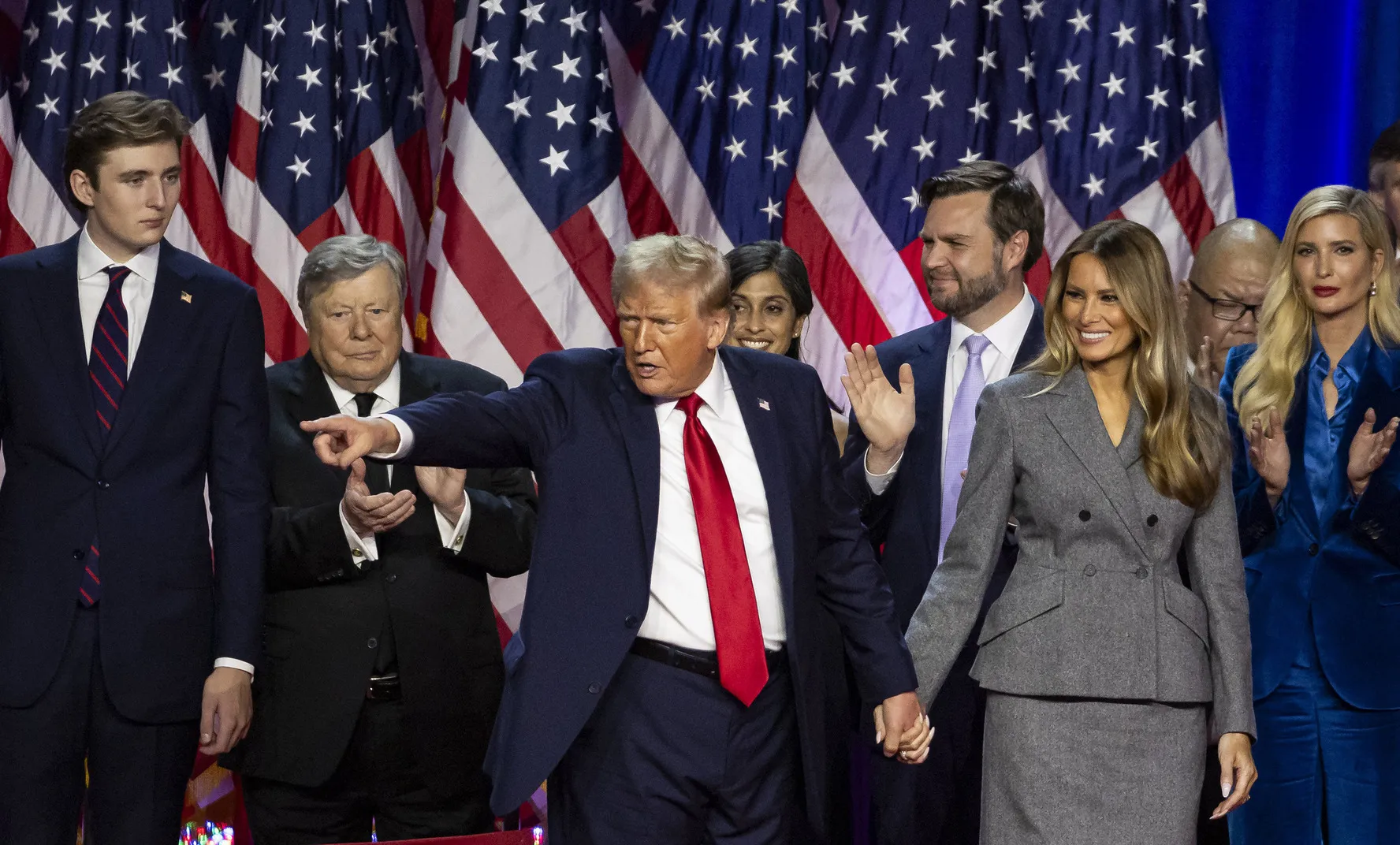Nvidia CEO Wants Trump To Alter AI Chip Export Regulations

Table of Contents
The existing regulations, primarily targeting high-performance AI chips crucial for advanced computing applications like artificial intelligence and machine learning, have created a ripple effect across the industry. Nvidia, a major manufacturer of these chips, finds its global market access significantly curtailed, impacting its revenue projections and potentially hindering innovation worldwide. This article aims to analyze Nvidia's efforts to navigate these challenging regulations and the potential ramifications for the future of AI.
Nvidia's Dependence on AI Chip Exports
Nvidia's success is intrinsically linked to the global demand for its high-performance AI chips, specifically the A100 and H100 series. These chips are integral to data centers, supercomputers, and research institutions worldwide, driving advancements in various sectors, from autonomous vehicles to drug discovery. China, in particular, represents a crucial market for Nvidia's AI chip exports.
- Revenue Impact: A significant percentage of Nvidia's revenue is generated from AI chip exports, making international trade vital to the company's financial health. Precise figures remain proprietary, but analysts estimate it to be a substantial portion.
- Geographic Dependence: Export restrictions significantly impact sales in China, along with other countries subject to similar regulations, causing major revenue setbacks.
- Growth Projections: The restrictions on AI chip exports have directly impacted Nvidia's projected growth rates, creating uncertainty in the market and raising concerns about future expansion.
The Trump Administration's AI Chip Export Restrictions
The Trump administration implemented stringent export controls on specific AI chips, citing national security concerns and a desire to maintain a technological edge over global competitors, primarily China. These regulations restricted the sale of advanced AI chips to certain entities and countries without special licenses.
- Key Provisions: The regulations outlined specific chip models and technologies subject to licensing requirements, making the export process complex and time-consuming.
- Broader Impact: The implications extended beyond Nvidia, impacting other companies involved in the design, manufacturing, and distribution of high-performance computing hardware.
- Legal Challenges: The restrictions faced legal challenges and controversies, prompting debate regarding their effectiveness and potential economic consequences.
Jensen Huang's Plea for Regulatory Change
Nvidia CEO Jensen Huang directly engaged with the Trump administration, advocating for a modification of the export regulations. His arguments centered on the potential negative impacts on the global AI landscape and the adverse economic consequences for Nvidia and its partners.
- Public Statements: Huang publicly voiced concerns about the restrictions, emphasizing the importance of international collaboration in AI development.
- Economic Arguments: He highlighted the potential for job losses in the US and reduced global competitiveness due to the restrictions.
- Proposed Solutions: Huang proposed alternative solutions, potentially involving stricter licensing procedures or targeted restrictions on specific entities, while maintaining open markets for legitimate commercial use.
Geopolitical Implications and the Global AI Landscape
The export restrictions on AI chips have ignited significant debate regarding their geopolitical impact on the global AI industry. The implications extend far beyond Nvidia, impacting technological advancement and international collaboration.
- US-China Tech Competition: The regulations significantly intensified the technological competition between the US and China, hindering international research collaborations and potentially leading to a more fragmented AI ecosystem.
- Global AI Development: The restrictions could hinder the development of crucial AI technologies worldwide, slowing down progress in fields such as healthcare, climate change research, and more.
- Retaliatory Measures: The imposition of such restrictions raises the possibility of retaliatory measures from other countries, creating a global trade war centered around crucial technological advancements.
Nvidia's Fight for AI Chip Export Regulations: A Summary and Call to Action
Nvidia's struggle to navigate the complexities of AI chip export regulations highlights the delicate balance between national security and the free flow of technological innovation. Jensen Huang's efforts to persuade the Trump administration to alter these restrictive measures showcase the high stakes involved. While the outcome remains uncertain, it underscores the need for a more nuanced approach that considers both national interests and the global impact on the AI industry. The long-term effects of these regulations remain to be seen, but they undoubtedly represent a pivotal moment in the history of artificial intelligence.
To stay informed on the future of Nvidia and AI chip export regulations, continue researching this crucial issue. Learn more about the implications of AI chip export regulations and follow the developments in the ongoing debate about Nvidia's AI chip export regulations. Understanding these complexities is essential for anyone interested in the future of technology.

Featured Posts
-
 Xrps Meteoric Rise Could It Be Your Ticket To Millionaire Status
May 02, 2025
Xrps Meteoric Rise Could It Be Your Ticket To Millionaire Status
May 02, 2025 -
 1 Mayis Ta Isci Haklari Ve Sendikal Muecadele
May 02, 2025
1 Mayis Ta Isci Haklari Ve Sendikal Muecadele
May 02, 2025 -
 Winning Numbers Lotto Lotto Plus 1 And Lotto Plus 2 Draws
May 02, 2025
Winning Numbers Lotto Lotto Plus 1 And Lotto Plus 2 Draws
May 02, 2025 -
 De Bio Based Basisschool Energiezekerheid Met Noodstroomgeneratoren
May 02, 2025
De Bio Based Basisschool Energiezekerheid Met Noodstroomgeneratoren
May 02, 2025 -
 Why Arent Nick Robinson And Emma Barnett Hosting Together On Radio 4
May 02, 2025
Why Arent Nick Robinson And Emma Barnett Hosting Together On Radio 4
May 02, 2025
